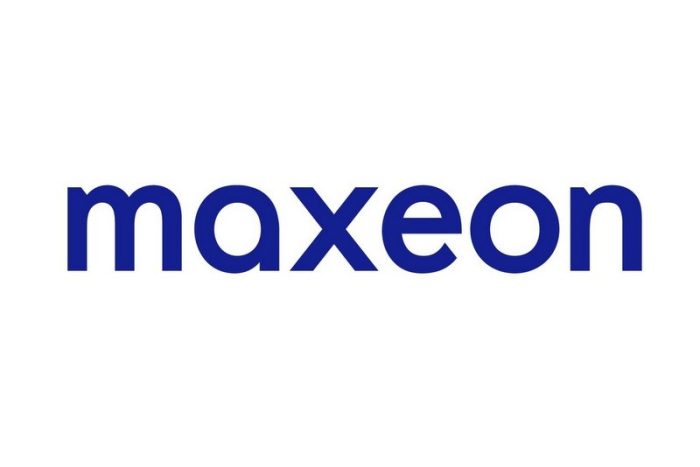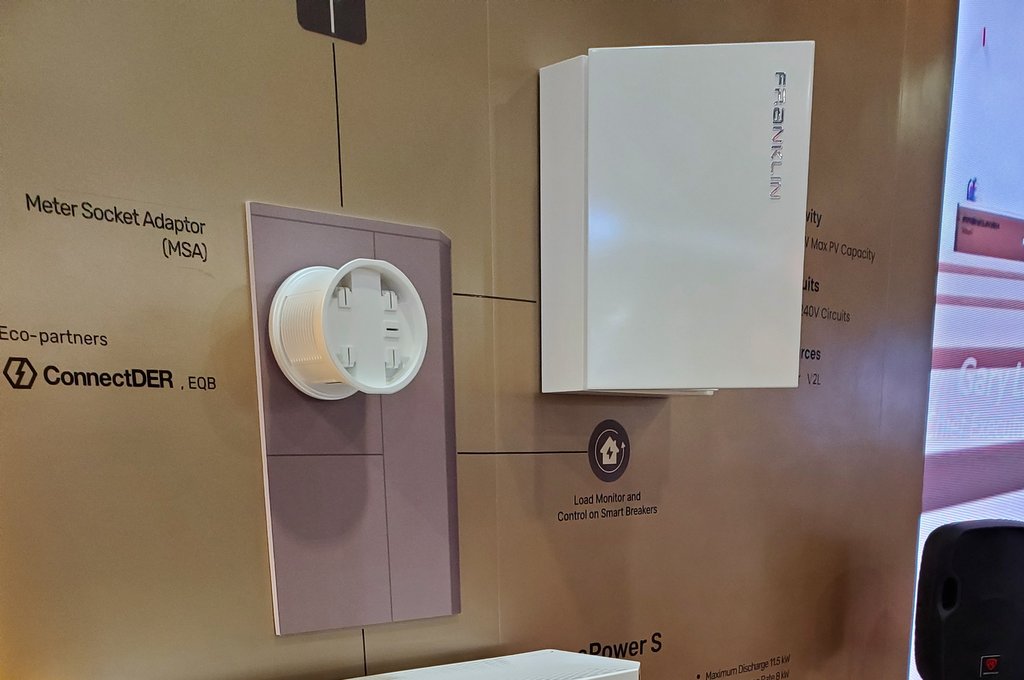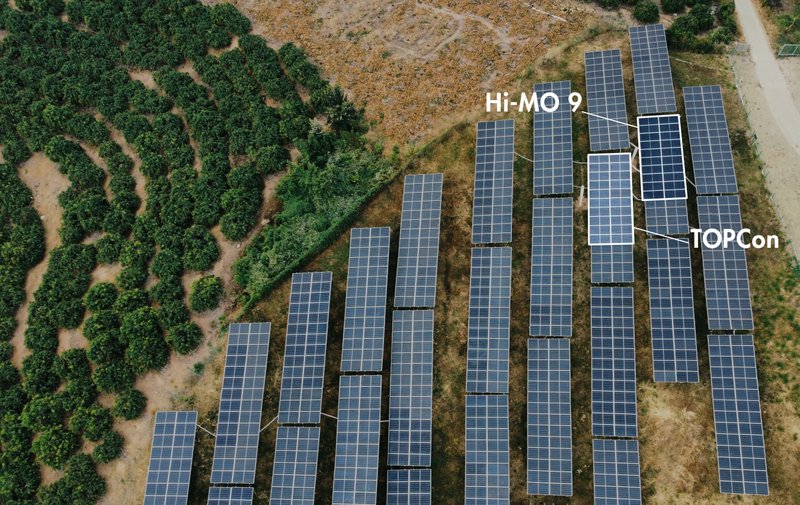Maxeon cites tariffs as it seeks more U.S.-made components

In its year-end 2024 earnings report published last week, Maxeon Solar Technologies CEO George Guo, stated, in light of new tariffs, that Maxeon is “identifying additional domestic component vendors and facilitating the transition to U.S.-focused operations along with expanding our network of U.S. partners.”
“Maxeon is making progress in transforming our business to establish alternative manufacturing and supply chains to strengthen our versatility and resilience,” Guo stated. “We are restructuring to compete more effectively by focusing exclusively on the U.S. market, and in streamlining our operations, increasing efficiency, and reducing cost.”
Earlier this year, Maxeon concluded divestment of its assets in Philippines, as well as its businesses outside of the U.S.
“These divestments contributed liquidity to support our operations and drive our ongoing business transformation,” said Dmitri Hu, Maxeon CFO. “We also restructured the interest payments on our outstanding debt obligations, substantially reducing the resulting cash burden. We continue to contemplate a few other financial restructuring initiatives, all targeted towards ensuring Maxeon remains resilient in the face of near-term headwinds.”
Maxeon solar module detentions
Tariffs aside, Maxeon has had problems importing solar panels in the U.S., and those issues continue.
Shipments of Maxeon 3, Maxeon 6, and Performance 6 solar panels have been detained by U.S. Customs & Border Protection (CBP) under the Uyghur Forced Labor Prevention Act (UFLPA) — Despite submitting what Maxeon execs say is a fully compliant and transparent bill of materials.
According to Guo: “CBP’s determination has not changed. CBP has neither cited any evidence nor alleged any non-compliance with the UFLPA on our part, yet it continues to unjustifiably block our products, causing material disruption to our business, our customers, and the U.S. renewable energy sector. We believe these actions are without merit and have commenced a legal action to contest CBP’s decision at the U.S. Court of International Trade, demonstrating that our legacy supply chains are fully UFLPA-compliant.”





Comments are closed here.